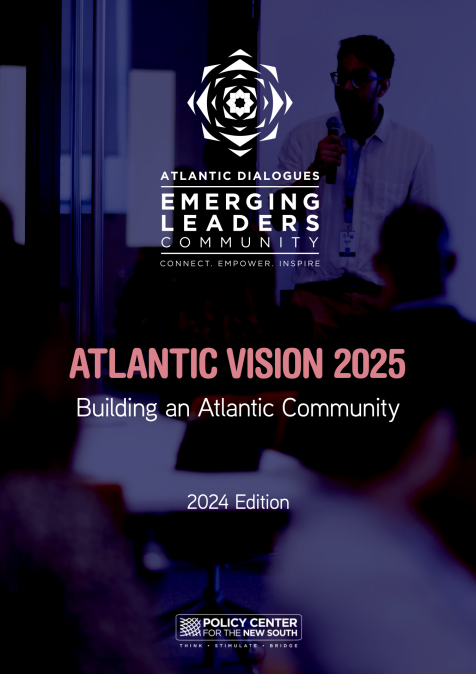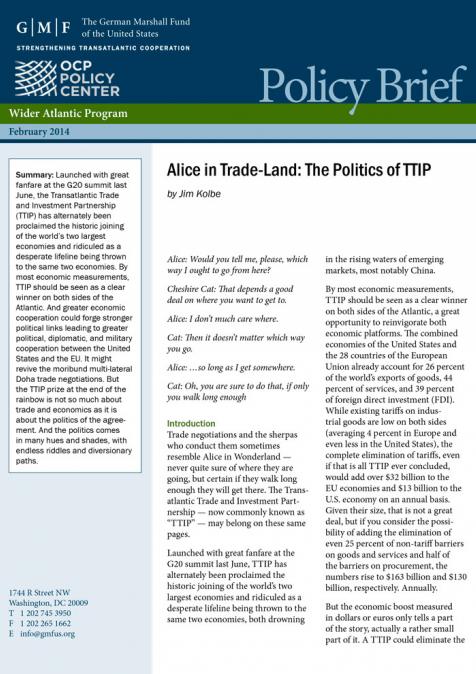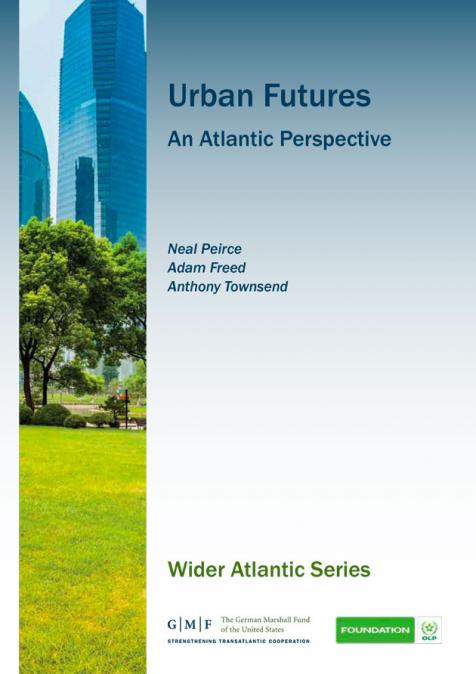Publications /
Annual Report
Book / Report
The countries of the Atlantic region continue to navigate a complex series of challenges that demand urgent and innovative responses. Economic and financial instability, social unrest, and shifting political landscapes are reshaping the region’s geopolitical dynamics. Pressing issues including unemployment, poverty, violence, extremism, climate change, and migration are intensifying, underscoring the need for sustainable and inclusive solutions. Addressing these multifaceted challenges requires intergenerational and cross-regional dialogue to foster collaboration and drive meaningful change.
In this context, the 2024 Atlantic Dialogues Emerging Leaders (ADEL) program brought together a diverse group of high-impact young leaders from across the Atlantic space. These participants engaged in dynamic discussions to identify the main challenges confronting the region, and to develop innovative, actionable solutions.
This report presents the outcomes of the Build, Connect, Anticipate workshop, during which ADEL participants critically examined the pressing issues shaping the Atlantic’s future, and explored strategies to address them. The discussions centered on fostering a more integrated and inclusive Atlantic community—one that amplifies the voices of the Global South.
Divided into three working groups, the Emerging Leaders analyzed the economic, political, and social aspects of the region’s challenges.
At the heart of their discussions were two key guiding questions:
1- What are the most pressing challenges facing the Atlantic Basin?
2- What concrete solutions can the Atlantic community implement to address these challenges?
This report synthesizes their findings, offering valuable insights into the region’s evolving challenges and presenting strategic recommendations for a more prosperous and interconnected Atlantic future.







